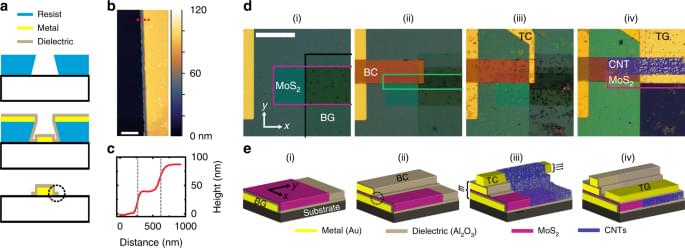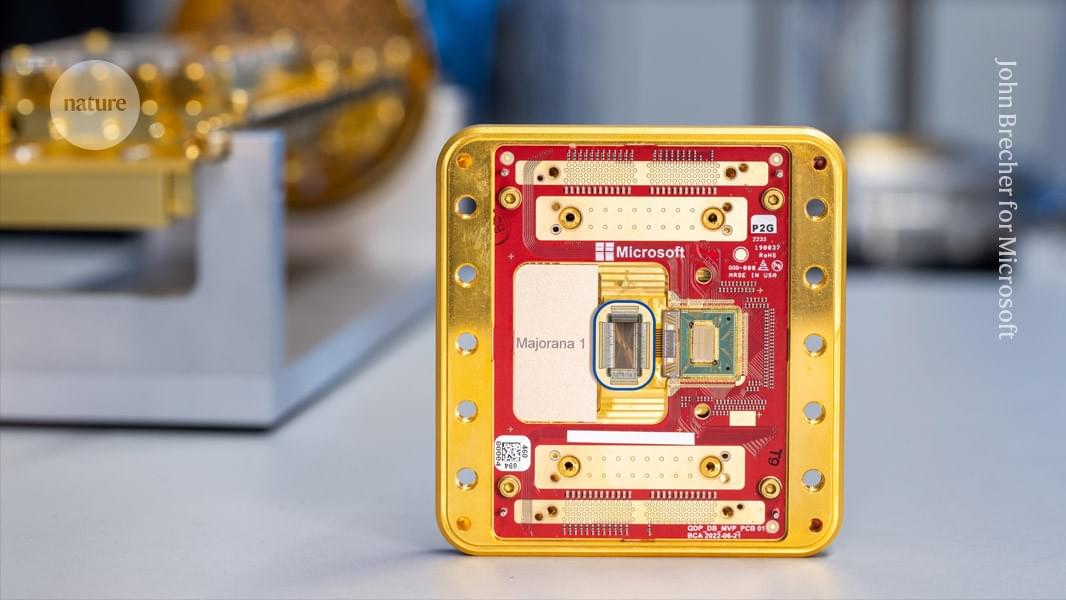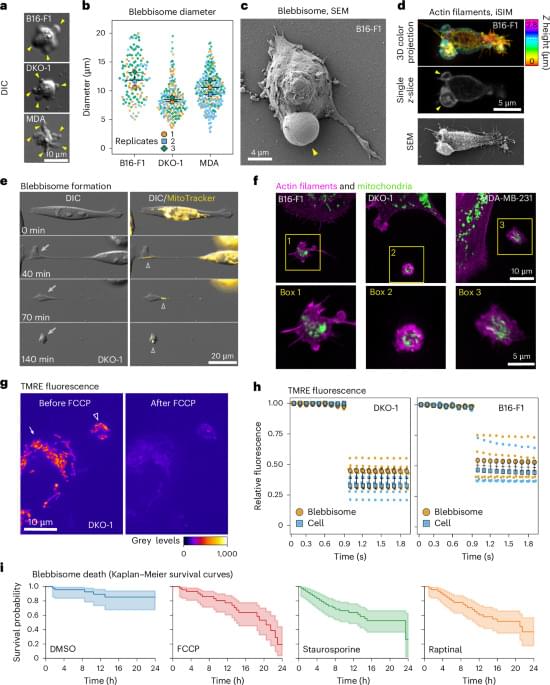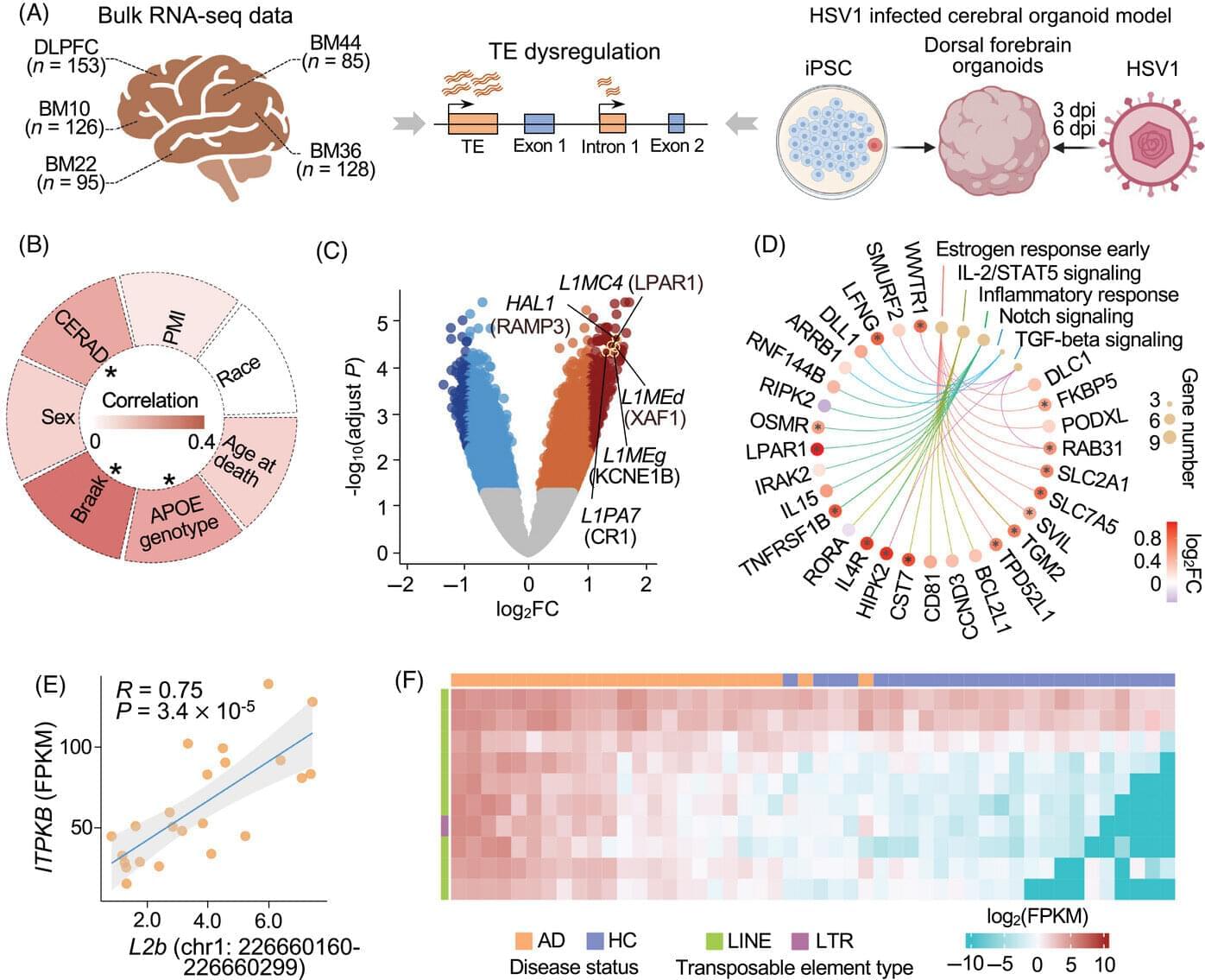Kim, Y., Kim, H., Oh, K. et al. Sci Rep 14, 8,356 (2024). https://doi.org/10.1038/s41598-024-58962-3


Kim, Y., Kim, H., Oh, K. et al. Sci Rep 14, 8,356 (2024). https://doi.org/10.1038/s41598-024-58962-3



Dr. Adomas Valantina: “Mars is still the Red Planet. It’s just that our understanding of why Mars is red has been transformed.”
What can Mars’ red hue that’s been observed for thousands of years teach us about when water existed on its surface potentially millions, or even billions, of years ago? This is what a recent study published in Nature Communications hopes to address as an international team of researchers investigated the connection between Mars’ red color and water interactions in the Red Planet’s ancient past. This study has the potential to help researchers better understand the formation and evolution of Mars and whether life could have existed at some point in its history.
For the study, the researchers used a combination of data obtained from Mars orbiters and laboratory experiments to ascertain the iron oxide mineral that is responsible for Mars’ red color and what relation this has to past liquid water that might have existed on the planet’s surface. This study builds upon past research that concluded the mineral hematite was responsible for Mars’ red color, which is a mineral that forms in water-free environments. However, the researchers for this study discovered that ferrihydrite is responsible for Mars’ red color, which is a mineral that forms in cold, watery environments.
“Mars is still the Red Planet,” said Dr. Adomas Valantina, who is a postdoctoral fellow at Brown University and lead author of the study. “It’s just that our understanding of why Mars is red has been transformed. The major implication is that because ferrihydrite could only have formed when water was still present on the surface, Mars rusted earlier than we previously thought. Moreover, the ferrihydrite remains stable under present-day conditions on Mars.”

What can an extremely hot Neptune-sized exoplanet teach scientists about exoplanetary weather? This is what a recent study published Nature Astronomy hopes to address as an international team of researchers investigated the extreme weather patterns on the “ultra-hot Neptune” exoplanet, LTT 9,779 b, which is tidally locked to its star and orbits so close to its star that it’s causing unique cloud and weather patterns. This study has the potential to help scientists better understand the formation and evolution of ultra-hot exoplanets and how these worlds remain intact.
“This planet provides a unique laboratory to understand how clouds and the transport of heat interact in the atmospheres of highly irradiated worlds,” said Louis-Philippe Coulombe, who is a PhD student at the University of Montreal’s (UdeM) Trottier Institute for Research on Exoplanets (IREx) and lead author of the study.
Located approximately 262 light-years from Earth, LTT 9,779 b orbits its star in only 0.8 days, or just over 19 hours, meaning its tidally locked orbit results in dayside temperatures of just below 2,000 degrees Celsius (3,600 degrees Fahrenheit) while its nightside temperatures are just over 1,000 degrees Celsius (1,800 degrees Fahrenheit).

Super cool paper where Jeppesen et al. discover and characterize a new type of large extracellular vesicle (EV) that they call blebbisomes! These blebbisomes have active mitochondria as well as other organelles (except nucleus), secrete and take up smaller EVs, and can reach sizes of up to 20 micrometers! #cellbiology #molecularbiology #biochemistry
Cells release a variety of 30-to 10,000-nm lipid-bilayer-enclosed extracellular vesicles (EVs) to facilitate cell-to-cell and cell-to-environment communication by packaging signalling molecules to avoid degradation1,2,3,4,5 and escape immune surveillance6,7,8,9. EVs may interact with target cells through contact between molecules on the EV surface with receptors on the cell surface to relay signals. In addition, modulation of recipient cell behavior may follow uptake of EVs cargo, including bioactive proteins, lipids and nucleic acids. EVs have emerged as important actors and agents of intercellular communication in normal cell biology and pathological conditions2,4,6.
Here, we identify blebbisomes, an exceptionally large functional EVs, that are actively released by human and mouse cells, remain motile independently of cells and have the capacity to both take up EVs and secrete exosomes and microvesicles. Blebbisomes are the largest type of EV described so far with an average diameter of 10 µm but can be as large as 20 µm, with an area commonly larger than 50 µm2. After being released from motile cells, blebbisomes display marked contractility-dependent ‘blebbing’ behaviour. Both normal and cancer cells release blebbisomes that contain active, healthy, mitochondria further distinguishing them from other large EVs (lEVs) such as exophers10,11 and migrasomes12 that function in the removal of damaged mitochondria from cells under stress conditions. In addition, blebbisomes contain many other cellular organelles including endoplasmic reticulum (ER), Golgi apparatus, ribosomes, lysosomes, endosomes, multivesicular endosomes (MVEs) and autophagosomes/amphisomes, as well as cytoskeletal elements; however, they lack a definable nucleus.

So, to put it in a very straightforward way – the term “AI agents” refers to a specific application of agentic AI, and “agentic” refers to the AI models, algorithms and methods that make them work.
Why Is This Important?
AI agents and agentic AI are two closely related concepts that everyone needs to understand if they’re planning on using technology to make a difference in the coming years.

Researchers from Cleveland Clinic’s Genome Center have outlined the pathway human herpes simplex virus-1 (HSV1) can use to contribute to Alzheimer’s disease in aging brains. In a report published in Alzheimer’s & Dementia, investigators also share two FDA-approved, commercially available drugs that reverse this pathway in a laboratory setting.
The findings are the first concrete evidence to support the previously controversial link between human herpesviruses (HHVs) and Alzheimer’s disease. Illustrating the potential for herpes to trigger dementia aids continued efforts to prevent and cure neurodegenerative disease, says senior author and Genome Center director Feixiong Cheng, Ph.D…
For most people, contracting a herpes infection is just an inconvenient or harmless fact of life. Many herpesviruses are individually present in a large percentage of people worldwide, meaning virtually every human being on earth is expected to contract at least three types of herpesviruses by adulthood. Some of these viruses don’t cause symptoms, while others only cause minor illnesses like mono or chickenpox. However, even after these illnesses subside, an infected individual still carries herpesviruses for the rest of their life, with only minor symptoms like occasional cold sores.

Present-day Mars is a barren and inhospitable planet, but it may have once had sandy beaches and tranquil ocean vistas. According to findings published on February 24 in the Proceedings of the National Academy of Sciences, the Red Planet may have remained a vacation-worthy destination for tens of millions of years—while also providing the proper conditions to support microbial life.
The evidence comes from data collected by China’s Zhurong Mars rover, which landed in the Utopia Planitia region of Mars in 2021. Unlike other rovers traversing the planet, Zhurong arrived with high-and low-frequency radar systems that allow it to conduct ground-penetrating scans of the Martian subsurface. After reviewing the rover’s data, an international team, including researchers at Penn State, believe that they have spotted layered structures with remarkable similarities to what can be found all over Earth.
“We’re finding places on Mars that used to look like ancient beaches and ancient river deltas,” Benjamin Cardenas, a Penn State assistant professor of geology and study co-author, said in an accompanying statement. “We found evidence for wind, waves, no shortage of sand—a proper, vacation-style beach.”

RESEARCHERS at Rice University, US have discovered a green process which can quickly and cheaply produce graphene from almost any carbon source, including coal, mixed plastic waste, biomass, and waste food. It could facilitate a reduction in the environmental impact of concrete and other building materials.
Graphene is the strongest known material. It is comprised of a single layer of carbon atoms arranged in a two-dimensional hexagonal lattice, in which one atom forms each vertex. A tiny amount of graphene can significantly enhance the properties of materials such as plastics, paints, composites, wood composites, concrete, metals, and lubricant. However, it is expensive to manufacture, so has limited industrial applications.
The process discovered at Rice employs flash Joule heating is a process where an electric current is passed through a conductor to produce heat. Using a custom reactor, the Rice researchers can produce graphene in 10 ms. The carbon source is placed between two electrodes and 200 V is applied in a short electrical pulse, heating the material to more than 3,000K (2726.9°C). Non-carbon elements sublime and the remaining carbon atoms reconstruct into carbon.